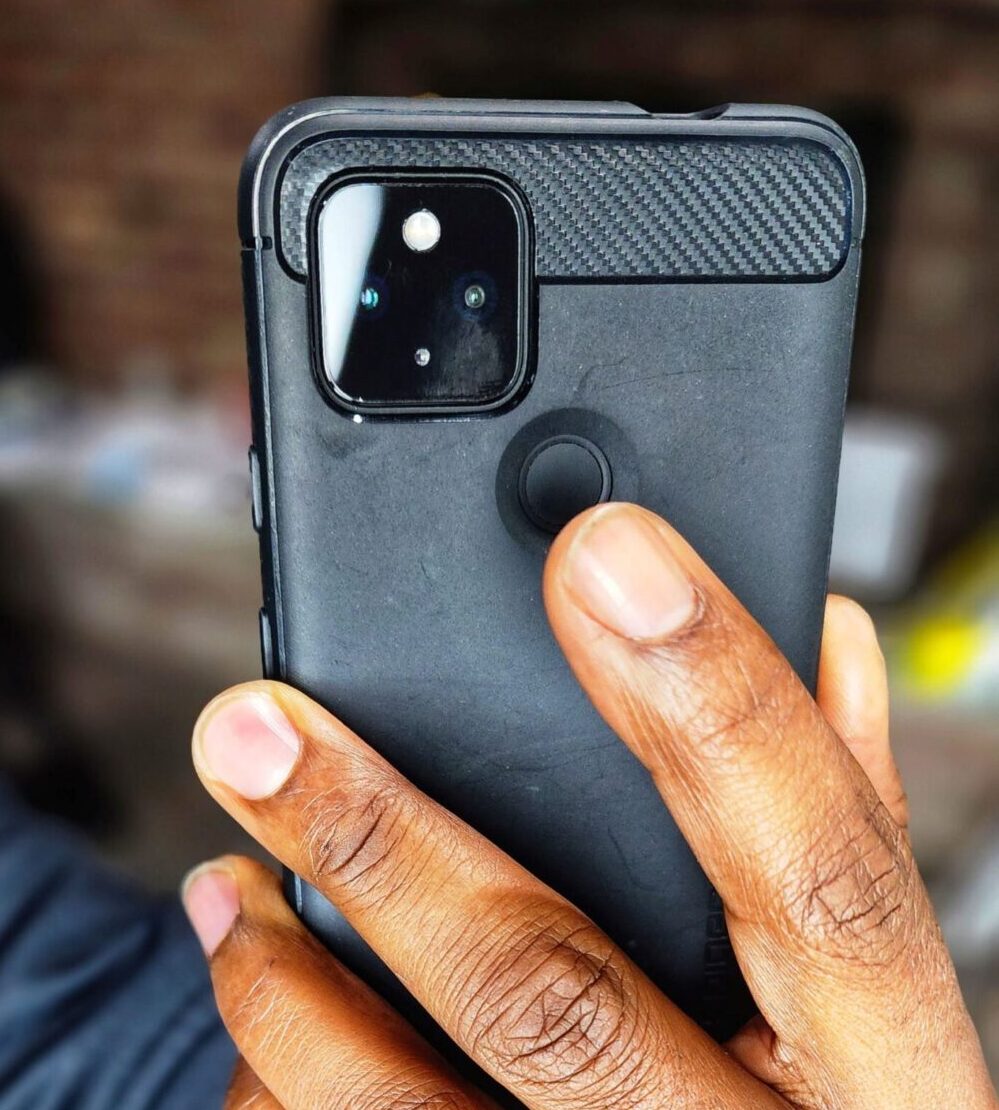Rooting Android Tablets and Phones – Legal?
Is rooting android legal? Cell phone unlocking is illegal without permission from the carrier. You may wonder if this applies to rooting as well. Many have questions about rooting. Some sources state tablet rooting is illegal. This causes confusion with many people receiving incorrect information on this topic.
Rooting and Jailbreaking are Two Different Things
First, please understand rooting/jailbreaking and unlocking are different things. Jailbreaking means removing software restrictions imposed by Apple iOS. This is illegal because iOS is propriety not opensource like android. The DMCA, which made unlocking smartphones without permission from carriers in US illegal, does not have any relevance to rooting. Carrier unlocking a smartphone allows switching service providers. However, rooting only means there is a modification to permissions of the operating system and has nothing to do with any carrier. Some carriers and manufacturers frown on the practice and make it harder by locking the bootloader of the device.
Android Smartphone Rooting
Rooting android smartphones has not changed and is completely legal, with no prosecution under DMCA. News about tablets is not as bad as reported by news sources. Rooting android tablets is legal. DMCA has not given an exemption for this.
Rooting Android Tablets
Manufactures could file a civil case for rooting a tablet under the DMCA. There are several reasons why this happening has an extremely slim chance:
- Android tablets existed and openly rooted since 2009, when the operating system was created.
- Android always marketed itself as open platform and has encouraged modification and development. If they try to ban rooting, this would be a nightmare with public relations for Android as well as device manufacturers. It could possibly do harm to the brand and market shares in long term. Android would have no motivation to do this.
- To guarantee tablets rooting legality, DMCA wanted to provide tablets exemptions. EFF was unable to provide them with a tablets concise definition, and Library of Congress did not overly broad exemptions passed due to possible unintended consequences.
- Several different Android devices encourage modification by shipping with unlocked bootloaders.
While theoretically issues with tablet rooting can occur, the chances of legal issues are extremely slim. Until a manufacturer tries their luck at suing someone, you should not worry.
These rules apply to people inside the United States. This ruling is in the US, many countries having laws allowing unlocking of smartphones, carrier locks being forbidden, locked bootloaders, and laws allowing rooting and jailbreaking.

